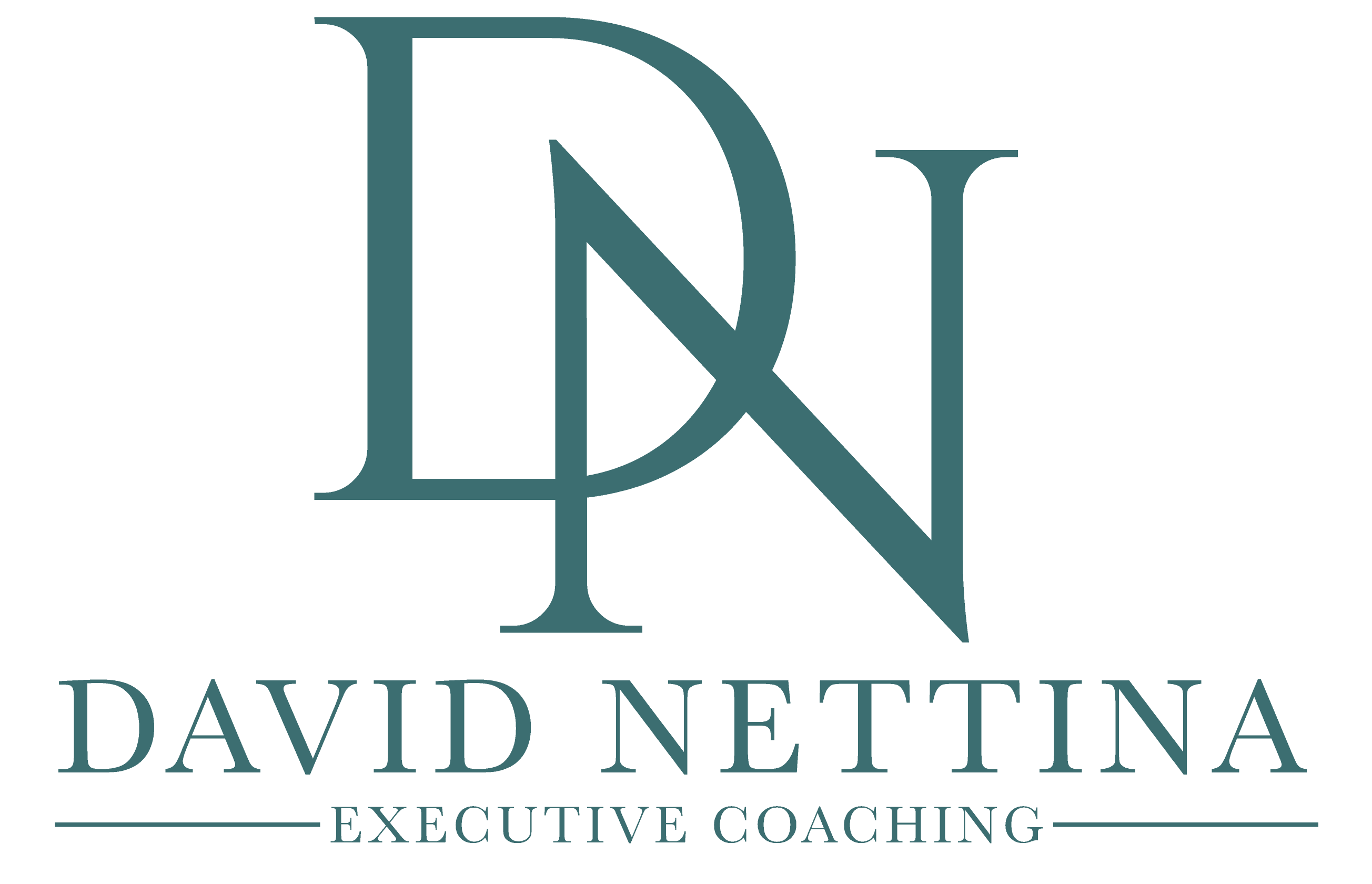Introduction:
In today’s ever-evolving business world, characterized by constant technological advancements, market fluctuations, and competition, cultivating a balanced leadership style is more important than ever before. An effective leader recognizes that different situations call for different approaches, and mastering this adaptability can profoundly benefit both the individual and their organization. A well-rounded leadership style that combines resiliency, adaptability, and emotional intelligence is essential to drive innovation, maintain team cohesion, and generate sustainable success.
As an executive coach, we are committed to helping you navigate the complexities of leadership, empowering you to refine your leadership style for unparalleled success. Are you ready? Continue reading to get started!
1. Building Resiliency in Your Leadership Approach
Resiliency is a key component of effective leadership that allows you to persevere through challenges and navigate disruptions successfully. Consider these strategies for developing resilience in your leadership approach:
– Cultivate a growth mindset: Embrace challenges as opportunities to learn and grow, recognizing that setbacks are a natural part of progress.
– Maintain a clear vision: Stay focused on your long-term goals and objectives, using them as a guiding force during times of adversity.
– Develop strong support networks: Surround yourself with individuals who offer encouragement, guidance, and constructive feedback, fostering a supportive environment for personal and professional growth.
– Practice self-compassion: Accept and acknowledge your limitations, providing yourself with the understanding and forgiveness you extend to others.
– Focus on problem-solving: Cultivate a proactive mindset that focuses on finding solutions, rather than dwelling on problems.
2. Enhancing Adaptability for Dynamic Leadership
Adaptability allows you to navigate change effectively, pivot in response to new circumstances, and remain agile during periods of uncertainty. Implement these techniques to develop adaptability in your leadership style:
– Stay informed on industry trends: Regularly monitor market developments, technological advances, and competitors’ activities to keep your finger on the pulse of change.
– Foster a culture of innovation: Encourage experimentation, creativity, and continuous improvement within your organization.
– Be open to change: Embrace change and resist the urge to cling to familiar ways of doing things, recognizing that adaptation is crucial for long-term success.
– Develop a flexible mindset: Cultivate the ability to view situations from multiple perspectives, promoting a more versatile, strategic approach to decision-making.
– Encourage collaboration: Facilitate open communication and teamwork, empowering team members to share ideas, insights, and potential solutions.
3. Harnessing Emotional Intelligence for Effective Leadership
Emotional intelligence is a critical leadership quality that fosters strong interpersonal relationships, enhances collaboration, and supports a positive work environment. Use the following methods to improve your emotional intelligence as a leader:
– Practice active listening: Give your full attention to others when they speak, without planning your response or interrupting.
– Develop self-awareness: Reflect on your emotions, strengths, and weaknesses, seeking feedback from others to build a comprehensive understanding of your emotional landscape.
– Express empathy: Put yourself in the shoes of your team members, demonstrating an understanding of their feelings, needs, and perspectives.
– Manage emotions effectively: Identify and practice healthy coping strategies for processing strong emotions, particularly during times of stress or conflict.
– Communicate with clarity and authenticity: Share information openly and honestly, fostering an environment of trust and mutual understanding.
4. Integrating Resiliency, Adaptability, and Emotional Intelligence for a Balanced Leadership Style
By developing resilience, adaptability, and emotional intelligence, you can create a well-rounded, versatile leadership style that equips you to thrive in any situation. To effectively integrate these qualities, focus on the following:
– Reflect on past experiences: Analyze successes and failures, identifying opportunities for improvement and drawing valuable lessons from your experiences.
– Seek continuous learning: Invest time and resources in your personal and professional development, embracing lifelong learning as a cornerstone of leadership excellence.
– Align your values: Ensure that your actions on both personal and professional levels align with your core values and principles, fostering a sense of integrity and authenticity.
– Engage in strategic planning: Combine your newfound resilience, adaptability, and emotional intelligence in a systematic planning process that positions your organization for success.
Final Thoughts
By embracing the power of resiliency, adaptability, and emotional intelligence, you can create a balanced, effective leadership style that positions your organization for sustainable success in a rapidly changing business landscape. Through self-awareness, continuous learning, and an inherent drive for growth, you can conquer the inherent stress of entrepreneurship and foster a thriving, innovative, and collaborative work environment.
At David Nettina Executive Coaching, we are dedicated to helping business owners refine their leadership skills and unlock their true potential. Contact us today to discover how our coaching services can support your journey toward a balanced and dynamic leadership style that yields unparalleled success.
